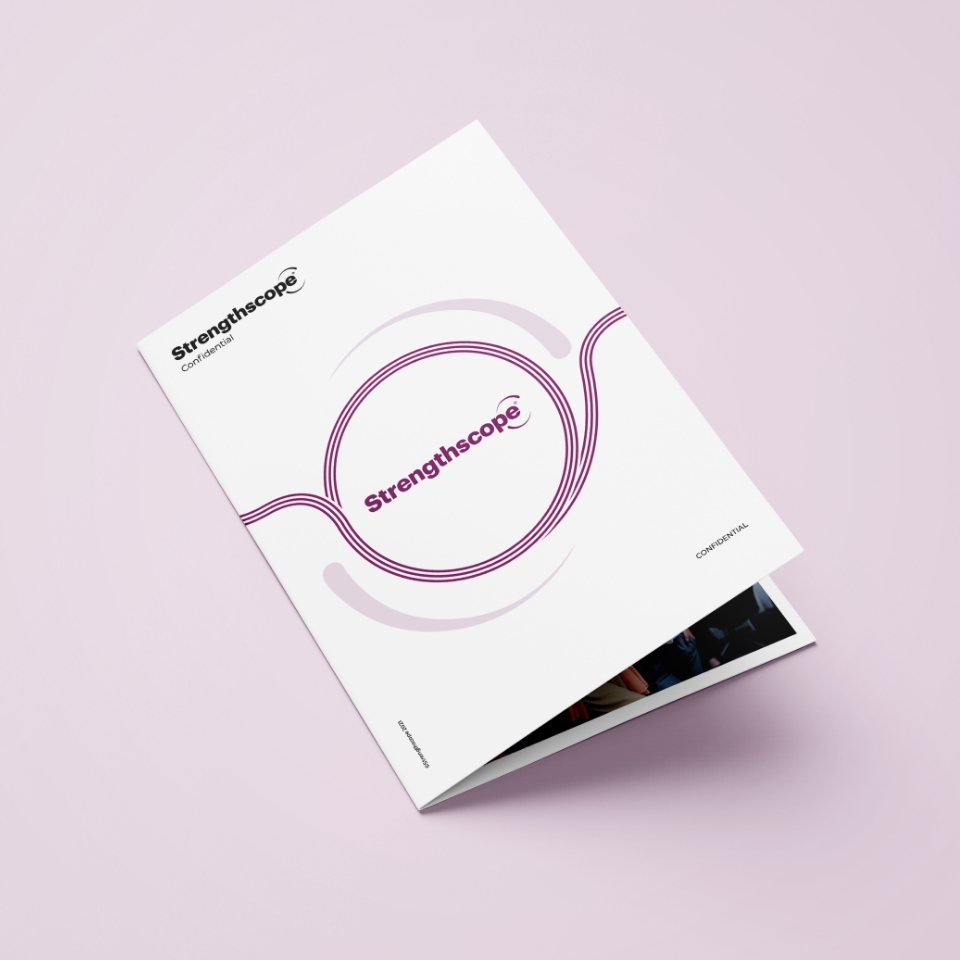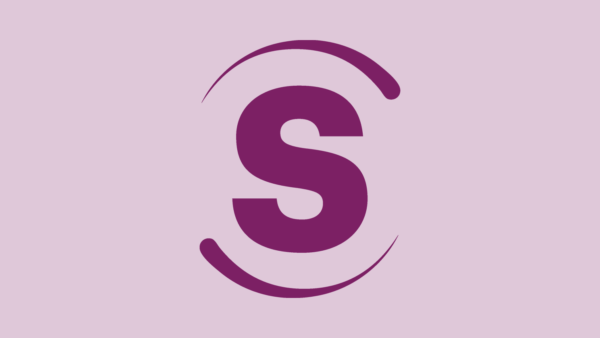So I recorded a podcast on the power of your reflection. Meaning, not mirrors and what you look like, but why reflective practice, namely re-imagining and re-appraising events you’ve been involved in can be a really important part of learning.
Today, I want to talk about how you can take your reflection to the next level by factoring your strengths into the equation. This has the effect of supercharging your learning so that you can make great leaps forward in your development with the added power of strengths. So on this cast I want to talk about what strengths reflection is, which we should all do it more and how to do it.
What is strengths reflection?
So onto strengths reflection. Let’s break this down. Reflection – what is that? Well reflection is when we think back over events that have happened recently and we analyse what happened, what we did well and what we could perhaps have done better or differently. With practice, we can take different viewpoints when we think about an event, from our point of view, colleagues, customers, whoever. When done well, reflection helps us deepen our self-awareness and learning as we work through different scenarios that could have happened and how we might want to approach similar situations in the future a little differently or with more confidence.
Reflection is the second part of ‘strengths reflection’, let’s wind back to strengths – strengths are those qualities that energise us and that we are great at or have the potential to become great at. When it comes to learning, they are like oases of energy that we can use to recharge and replenish ourselves and power up our development.
 Let’s take an example using our strengths assessment tool Strengthscope® – and I’m going to use me. From Strengthscope®, I know that I have Strategic mindedness and Collaboration. And I run a business. So that’s two of my strengths and a bit of context.
Let’s take an example using our strengths assessment tool Strengthscope® – and I’m going to use me. From Strengthscope®, I know that I have Strategic mindedness and Collaboration. And I run a business. So that’s two of my strengths and a bit of context.
For most people, when they look at their ‘development plan’ at work, they’re most likely to focus on things that they don’t do so well, or that they need to improve – we’ve had it kicked into us from Day 1 that the most important focus for us to improve our performance is to not do bad stuff or to do bad stuff better. But the truth is that the energy we have for that, from a development POV, is limited because it tends to focus us not on our strengths but on the things which drain us. But what if I focused my development around the things that I naturally had energy for and was maybe even good at, or at least could be. So for me, I like collaborating – working with others on stuff, bouncing ideas around, building on what they say as it takes my thinking to a new level, particularly if we’re working on something we’re both excited about and share as a common interest.
And I also like thinking strategically…what if this, what would happen if that, I like drawing connections between things and seeing how the whole all fits together, as well as imagining future possibilities. I’m really energised if I’m working with people and we’re considering the really big changes we could make that could break the mould. So how about from a development POV, rather than beating myself up about things I’m not good at, I try and spend more time learning how to collaborate really well – listen, ask questions, persuade, be clear in what I say, help collaborative groups to be clear on shared purpose and values and differences and get these talked about?
And what if I get better at using strategic mindedness – understanding future developments in my field, how those could present commercial opportunities, understanding models that will help shape a plan once the big picture insight has come along, drawing on other people who can actually make those things happen?
That’s me then as an example focusing on my strengths as possibly my greatest development opportunities, where I could get really really good at using those qualities and even get known for it by my colleagues so they come to me for that, which is great because I love it!
So what then, pray tell, is strengths reflection and why is it so important? Strengths reflection is when you reflect on an event or situation and you think through what strengths you used in that situation, how well you used them, how that made you feel, whether at times your strengths may have been dialled up a little too high…even nudging into ‘overdrive’, or whether you completely missed bringing your strengths to that situation at all but on reflection, you feel they could have been really useful and you make a plan to bring them next time.
Back to my strategic mindedness and collaboration – so I have a meeting every couple of weeks where I consider, with a colleague at work who has exactly these same strengths as it turns out, what opportunities we can find to drive forward the business that are a little bit out of the box, a bit creative and different? The idea of these meetings is really exciting for me – it’s about the possibility of what breakthroughs and insights we might have…I think I’m a bit addicted to those breakthroughs in thinking, to finding answers. But to get the best from these meetings, we can’t just rush into a meeting room and splurge out all of our wild ideas in the hope that something amazing will happen, even if that does actually sound quite good to me.
The reality is that we need at least two more things – a plan of what we’re going to focus on at the meeting, a problem to solve if you like. And we need a plan after the meeting is over, after the breakthroughs are over and things need to happen. Otherwise it will just have been an amazing collaborative strategic chat and that’s all. Now that learning about how to use strengths to their best has come through strengths reflection over months and years of sometimes getting it right and sometimes getting it less right.
But I know my strengths right, what about when you don’t or if you haven’t got a framework to describe your strengths? Two ideas:
One – get some feedback from other people, whose opinion you value on when THEY see you at your best and what you’re doing and what strengths you might be using. With Strengthscope®, we have Strengthscope360™ for exactly this reason but/and it’s always good to get this feedback through conversations too.
Second idea – we often use an activity called strengths spotting which can help you and other people identify your strengths. The idea is that you think of a time when you were at your best at work – really feeling energised and in flow, when everything was just clicking for you. Either reflect on that if you’re alone, or talk to whoever you’re with about it. If you’re with someone else, get them to give you feedback on when you really hit on something that seemed to energise you and try and identify, with them, which strengths may have been in play. If you’re on your own, do the same but in that case, re-imagine what you were doing, who you were with, what you were saying, how you were feeling, and why the thing you were doing made you feel so strong…then try and figure out what strengths you might have been using.
So back to how to do strengths reflection well – we’ve talked about getting feedback and remembering past events with a ‘strengths lens’ so you can analyse which strengths you may or may not have been using.
Once you have identified this, the next stage is to create a plan for how you’ll approach the situation differently next time and maybe get some strengths development in in between times.
My advice overall is when reflecting, keep the strength lens up, look for what you’re doing well and differently from others, acknowledge those differences and then become better and better at exploiting them, by developing and finessing your strengths in different situations. You will find the energy for this far more easily than focusing on developing out your weaker areas.
That’s it for this week, enjoy the week ahead and make a plan even today to do some strengths reflection at the end of the day to get yourself started. See you soon.
Did you know this blog is also available as a podcast along with some other incredible content? Check it out on iTunes, Spotify, Acast.









